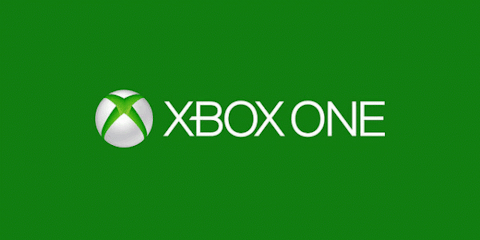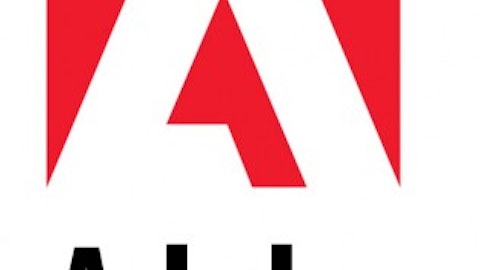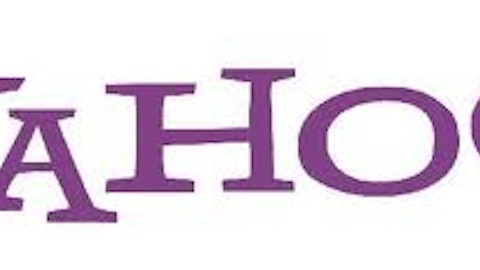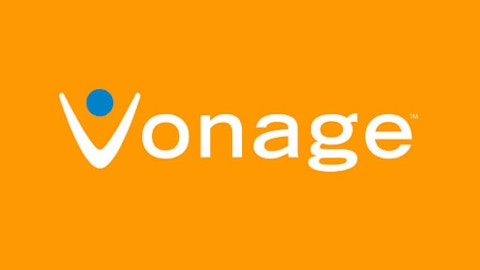Sometime between now and the end of July, PC gaming company Valve will hold its annual summer sale. The event, which lasts about a week, has become somewhat of a holiday for gamers in recent years. During the sale, games are marked down by 75% or more, making them far cheaper than even their used console counterparts.
Soon, Valve will push into the console market with its own hardware, the Steam Box, bringing the best of PC gaming to the living room. Given Valve’s ability to offer such cheap games, that could prove to be a major challenge to Sony Corporation (ADR) (NYSE:SNE) and Microsoft Corporation (NASDAQ:MSFT).
Bringing the gaming PC into the living room
Despite the advantages PC gaming offers, console makers have been able to thrive for decades. Gaming-quality PCs can often be expensive, and given the wide divergence in the different hardware setups, a game that runs on one PC is not guaranteed to run on another.
Valve’s Steam Box should rectify this situation, to some extent. With a Steam Box, users will able to buy a machine, plug it into their TV, and feel confident that they’ll be able to play the games they purchase. There’s no official release date yet, but prototypes are expected later this year.
Given the extreme price differential, the Steam Box should appeal to many gamers. During their periodic sales, older games can often be purchased for less than $5, and new games that retail for $60 can be bought for $30.
How can Valve sell games at such a steep discount?
But how can Valve sell its games at such a steep discount? The answer lies in the company’s digital distribution model. Valve’s online service, Steam, is roughly the video game equivalent of Apple Inc. (NASDAQ:AAPL)’s iTunes.
That is to say, Valve sells only digital copies of its games — games cannot be resold or given to another user.
Until recently, Microsoft Corporation (NASDAQ:MSFT) was poised to embrace a Steam-like distribution model for its next console, the Xbox One. Game lending was going to be restricted, while the process of selling and buying used games was poised to be cumbersome.
Yet, Microsoft Corporation (NASDAQ:MSFT) received so much backlash from this proposed strategy that it was forced to alter its policy six months ahead of the console’s launch. Perhaps Microsoft could have gotten away with it if it had promised Steam-like pricing.
The decline of GameStop’s business
When Microsoft Corporation (NASDAQ:MSFT) announced that it was going back on its policy, GameStop Corp. (NYSE:GME) shares spiked. The video game retailer remains dependent on the sale of used video games, and any restrictions that would limit used game sales would have a negative effect on GameStop’s business.
But ultimately it seems that used video games will eventually disappear entirely, and services like Steam should help to facilitate the transition.






